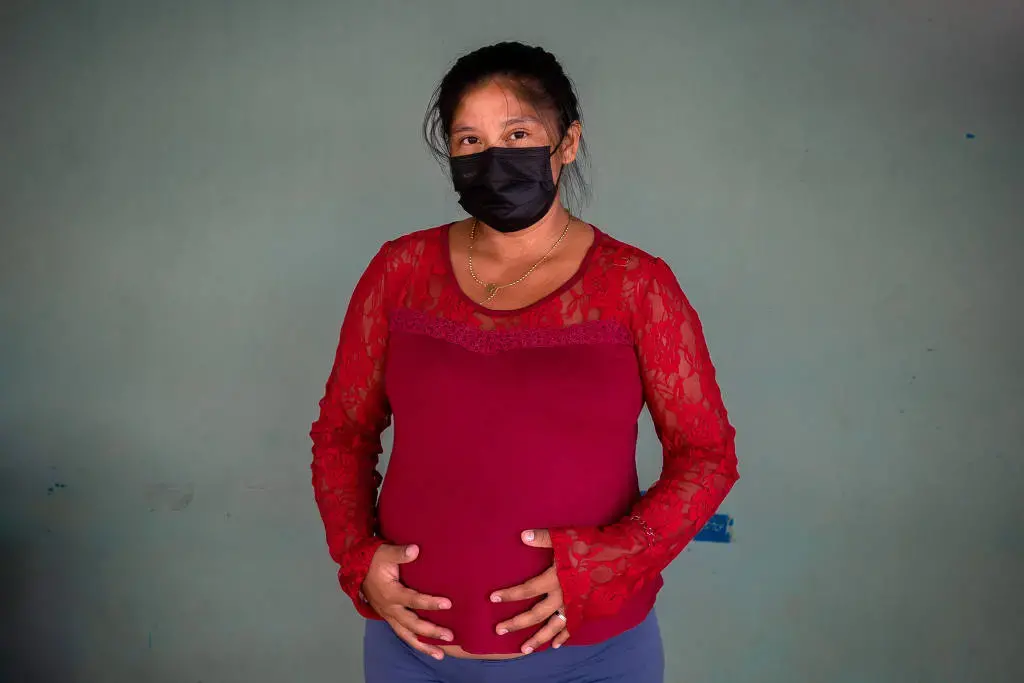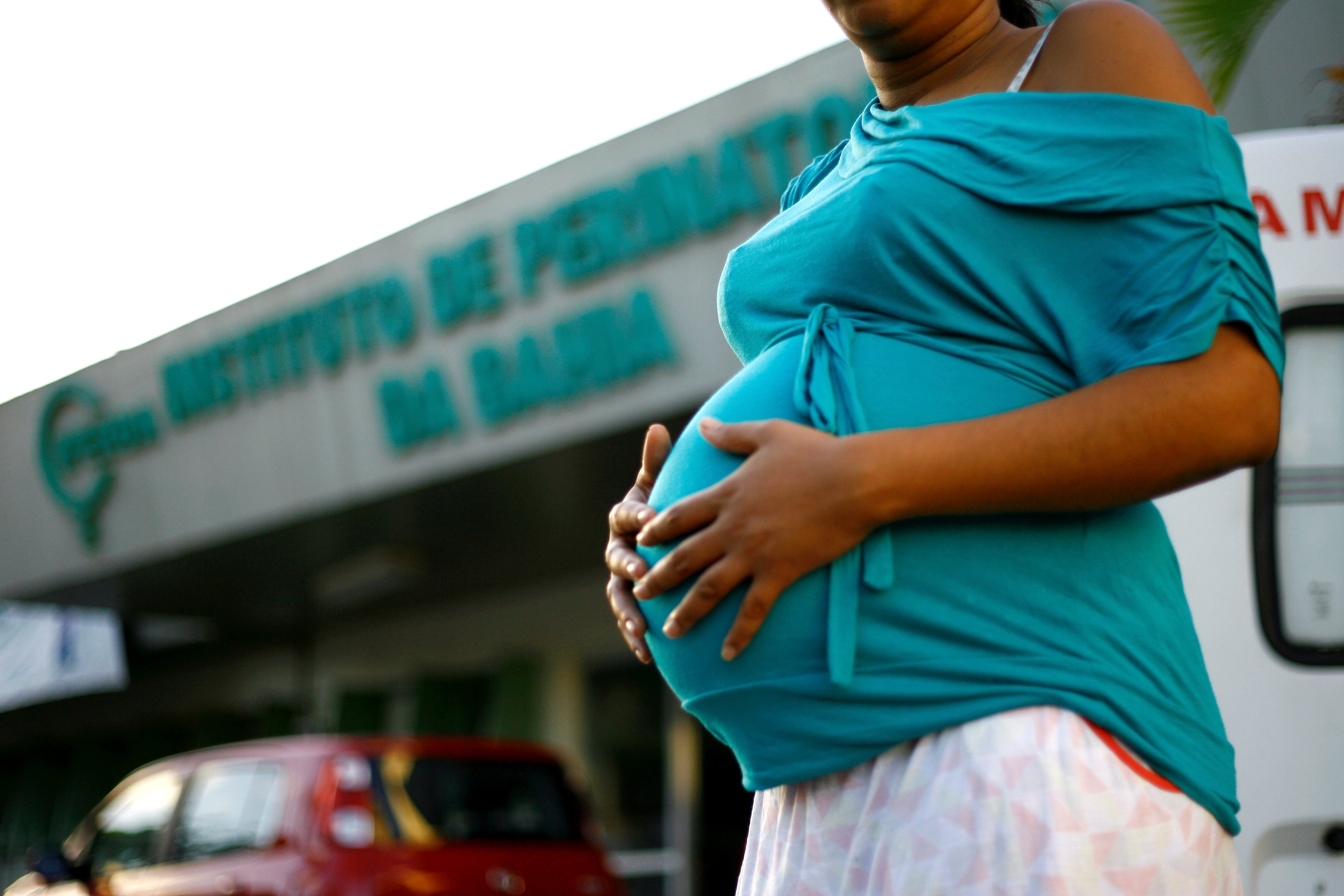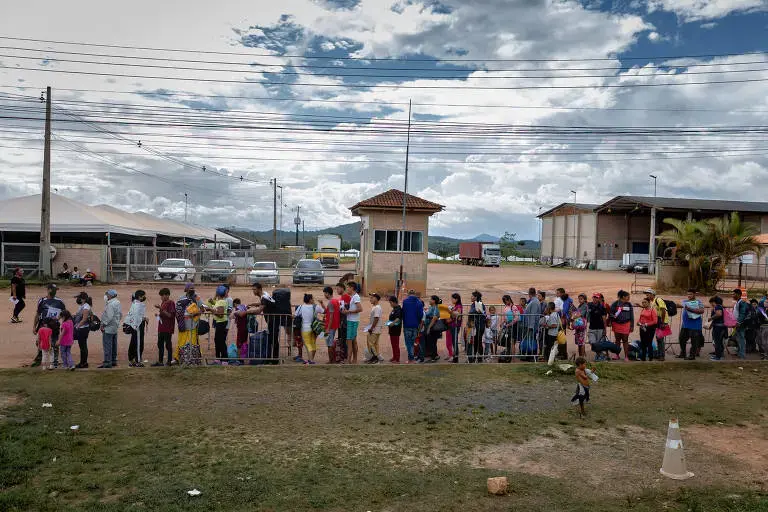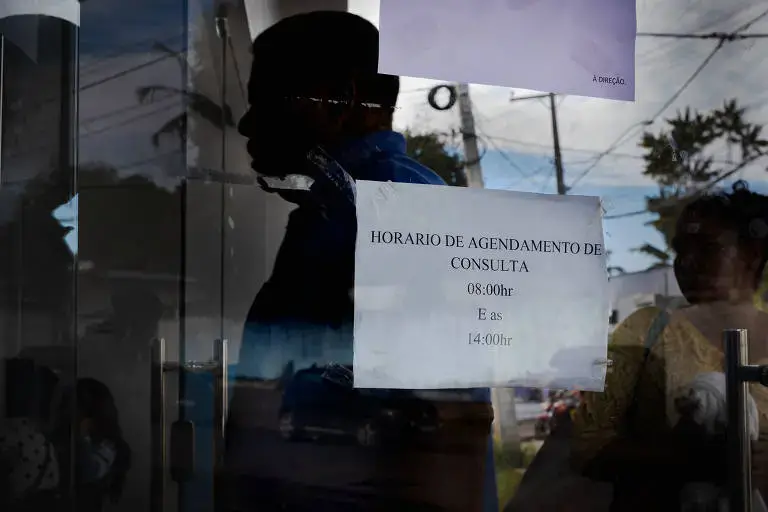Access to adequate prenatal care, which can prevent pregnancy complications, is greater among white women compared to black and indigenous women
To read this report in Portuguese, click here.
BOA VISTA, Brazil—Even with a public policy focused on maternal and child health for more than a decade, Brazil has failed to reduce racial and regional inequalities associated with maternal deaths, which were aggravated by the Covid-19 pandemic. Preliminary data show that in 2019 and 2021, the MMR (maternal mortality ratio) increased in all groups, including among white women, who, historically, are less affected compared to black, brown, and indigenous women.
Analysis by Vital Strategies, based on information systems from the Ministry of Health, reveals that, between 2018 and 2021, the MMR among white women increased from 49.9 to 118.6 deaths per 100,000 live births. The hypothesis is that the increase is related to the collapse faced by hospitals, denial of preventive measures, and initial resistance to vaccinating pregnant women. In the same period, among black women, the MMR went from 104 to 190.8 deaths per 100,000, the highest among all groups. Among brown women, it went from 55.5 to 96.5, and among indigenous women, from 99 to 149.
"What we see in the surveillance of maternal death is the chronicle of an announced death. The pregnant woman is not at high risk, but she is very poor, and she has little access to prenatal care. Often, in prenatal care, the doctor prioritizes the ultrasound and does not ask for a VDRL [exam that identifies syphilis] or a urine test," says doctor Fátima Marinho, senior researcher at Vital Strategies.

As a nonprofit journalism organization, we depend on your support to fund more than 170 reporting projects every year on critical global and local issues. Donate any amount today to become a Pulitzer Center Champion and receive exclusive benefits!
The high number of maternal deaths reflects inequalities in access to health. In 90% of cases, they are preventable causes. Therefore, it is considered one of the most serious violations of women's human rights. Brazil is a signatory to an international agreement to reduce deaths of pregnant and postpartum women by 2030 to a level of 30 deaths per 100,000 live births, but a 2019 report by the Ministry of Health shows that, depending on the current rate, there is a 95% probability that the country will fail to achieve this target.
A new bulletin from Ieps (Institute of Studies for Health Policies) that analyzes the main causes of the increase in maternal mortality and the proposals for coping with the problem points out that racial disparities linked to deaths already begin in prenatal care. In the first year of the pandemic, for example, the number of white pregnant women who received adequate prenatal care fell by 0.54%.

Among black women, the drop was 1.44%. Inadequate prenatal care is considered when medical care begins only after the third month of pregnancy or when fewer than six consultations were performed during the entire pregnancy. "There was a worsening in the maternal death indicator for all women, but for black women, the worsening was more intense. This difference in access to prenatal care between whites and blacks had been reducing, but with the pandemic, everything got worse. It is urgent that there are policies to strengthen primary care and actions aimed at caring for black mothers and women", says Rony Coelho, a researcher at Ieps. According to him, racial inequalities also mark the different regions of Brazil and predate the pandemic. In 2014, for example, 52.9% of black pregnant women in the North of the country did not have adequate access to prenatal care, against 21.7% among white women in the Southeast.
Another survey carried out at UFBA (Federal University of Bahia) shows that skin color also interferes with the monitoring of pregnant teenagers. While 64% of white girls have adequate access to prenatal care, this rate drops to 50% among black girls and 30% among indigenous girls, according to preliminary data from the survey on teenage pregnancy and motherhood.
To view the graphic "Roraima leads the country in death rates, " click here.
According to Agatha Eleone, public policy analyst and one of the authors of the Ieps document, although there has been a public policy since 2011 to support and finance care actions for pregnant women and babies (Rede Cegonha), this was not enough to solve the high maternal mortality rates nor regional disparities. Last year, the Jair Bolsonaro (PL) administration extinguished the Rede Cegonha and replaced it with another maternal and child care network (Rami).
This, in turn, was already extinguished by the management of President Luiz Inácio Lula da Silva (PT) earlier this year and there was the resumption of Rede Cegonha. At the end of 2022, there was a forecast cut of BRL 18 million in the 2023 budget for the implementation of maternal and child policies. But, according to the Ministry of Health, there is still no definition of how much the budget for the area will actually be this year.
Translated by Cassy Dias


















